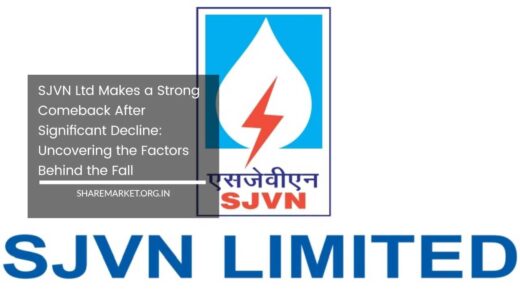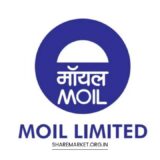Recurring Deposits: 6 Facts You Need to Know

Recurring deposits, or RDs for short, are a special type of term account provided by Indian banks. It is a tool for investing that enables people to make consistent deposits and receive respectable returns.
Due to the regular deposit element and an interest component, it frequently offers users and people flexibility and ease of investment.
But it’s important to understand that RDs are distinct from fixed deposits (FDs). RDs are generally adaptable.
The owner of an RD account has the option to invest a set sum each month while earning respectable interest. RDs make a great combination investment and saving tool.
Recurring Deposit (RD) is an ideal savings scheme for those who save monthly. This scheme is very helpful for achieving an important financial goal in a short period of time without investing much.
Under the recurring deposit scheme, the bank transfers the installment amount, which is determined earlier, every month from your savings account to this scheme, under which the interest along with the principal amount is payable at the end of the term.
Here are six little things you need to know about recurring deposits:
Maturity Period
Minimum six months and maximum one hundred and twenty months are fixed for this savings scheme.
The bank allows premature withdrawal with penalty but does not allow partial withdrawal from RD before maturity. Some banks prescribe a minimum maturity period of one year for NRI customers.
No Maximum Amount
Any person in India can start this deposit scheme with monthly installments of Rs. 100 in multiples of Rs. 10, and there is no maximum limit.
This is the provision in SBI and other government banks, but the minimum installment amount in private banks has been fixed at 1,000 and the maximum at 14,999.99 per month.
Who Can Open a Recurring Deposit Account?
All Indian Citizens; Hindu Undivided Families; Private and Public Limited Companies; Trusts and Societies, etc.
TDS Deduction
TDS is deducted by all banks on interest received above Rs 10,000 and interest re-invested, but TDS is not deducted on recurring deposits deposited at the post office.
Payment Options
Once the monthly installment is fixed, it is not possible to change it later. The interest is payable along with the principal amount on completion of the maturity period.
On premature withdrawal, the rate of interest is lower than the base rate. From the day the deposit scheme starts, interest is payable on the same date and on the same basis as the time period is fixed.
Default Payments
If there is an irregularity in depositing monthly installments and not a single installment is deposited for a continuous period of six months, then the bank has the right to close the RD Savings Deposit Scheme account.

















